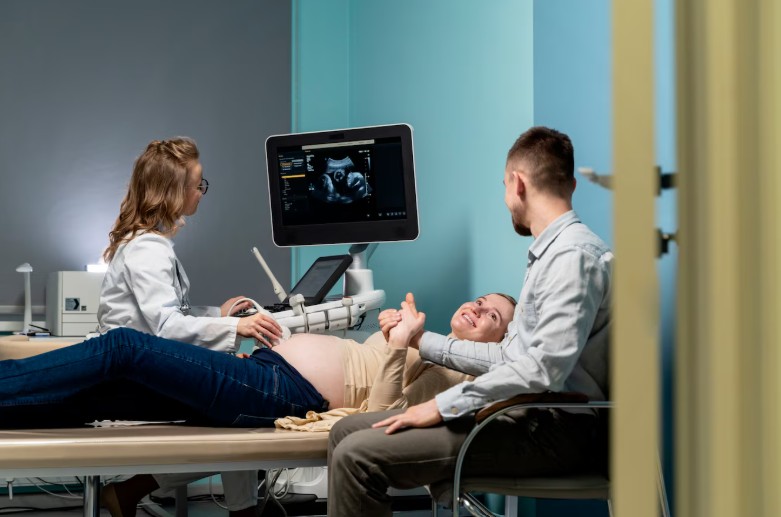Pregnancy is a life-changing experience filled with hopes, dreams, and expectations. However, not all pregnancies progress without challenges. Some are categorized as high-risk due to medical, surgical, or obstetric complications that can affect the health of the mother, the baby, or both. In such situations, the expertise of a fetal medicine specialist becomes crucial.
A fetal medicine specialist is a highly trained obstetrician who focuses on the management of high-risk pregnancies. They play an essential role in ensuring the best outcomes for both mother and baby through early diagnosis, advanced monitoring, and personalized care plans.
What is a High-Risk Pregnancy?
A pregnancy is termed high-risk when there are potential complications that could adversely affect the mother or the baby. Common causes include:
- High blood pressure (hypertension)
- Gestational or pre-existing diabetes
- Multiple miscarriages
- Advanced maternal age
- Carrying multiples (twins or more)
- History of preterm labor or delivery
- Genetic or structural abnormalities in the fetus
- Autoimmune disorders or infections
How a Fetal Medicine Specialist Can Help
- Comprehensive Risk Assessment
From the first trimester itself, fetal medicine specialists assess the pregnancy for possible risks. Using advanced imaging tools like detailed ultrasound scans, they can detect early signs of complications. For mothers with pre-existing conditions like diabetes or hypertension, regular monitoring and tailored treatment plans are designed to prevent further risks.
- Advanced Prenatal Diagnostics
Fetal medicine specialists offer specialized tests like NT scan, anomaly scan, fetal echocardiography, non-invasive prenatal testing (NIPT), and amniocentesis to screen for genetic disorders and structural anomalies. These diagnostic tools allow early detection and planning for any potential intervention.
- Monitoring Growth and Development
In high-risk pregnancies, fetal growth may be restricted due to placental problems or maternal health issues. Fetal medicine experts track fetal development closely through regular Doppler studies and growth scans to ensure the baby is growing as expected.
- Management of Complications
Whether it’s managing gestational diabetes with a diet and insulin plan or controlling high blood pressure to prevent preeclampsia, fetal medicine specialists work hand-in-hand with obstetricians to manage maternal complications efficiently. They also guide mothers who’ve experienced recurrent pregnancy losses by offering targeted investigations and solutions.
- Planning Delivery and Postnatal Care
For high-risk pregnancies, timing and mode of delivery are critical. Fetal medicine specialists help plan the safest route of delivery — whether it’s a scheduled C-section or a closely monitored vaginal birth — to minimize complications. They also prepare neonatal teams if the baby might need special care after birth.
Conclusion
High-risk pregnancies require expert attention, advanced diagnostics, and compassionate care. A fetal medicine specialist ensures that both mother and baby receive the best support throughout this delicate journey. Their role is not just medical — it’s emotional, educational, and deeply reassuring.
If you or a loved one is facing a high-risk pregnancy, don’t hesitate to consult a fetal medicine expert. Early intervention and expert monitoring can make all the difference in achieving a safe and successful pregnancy outcome.

